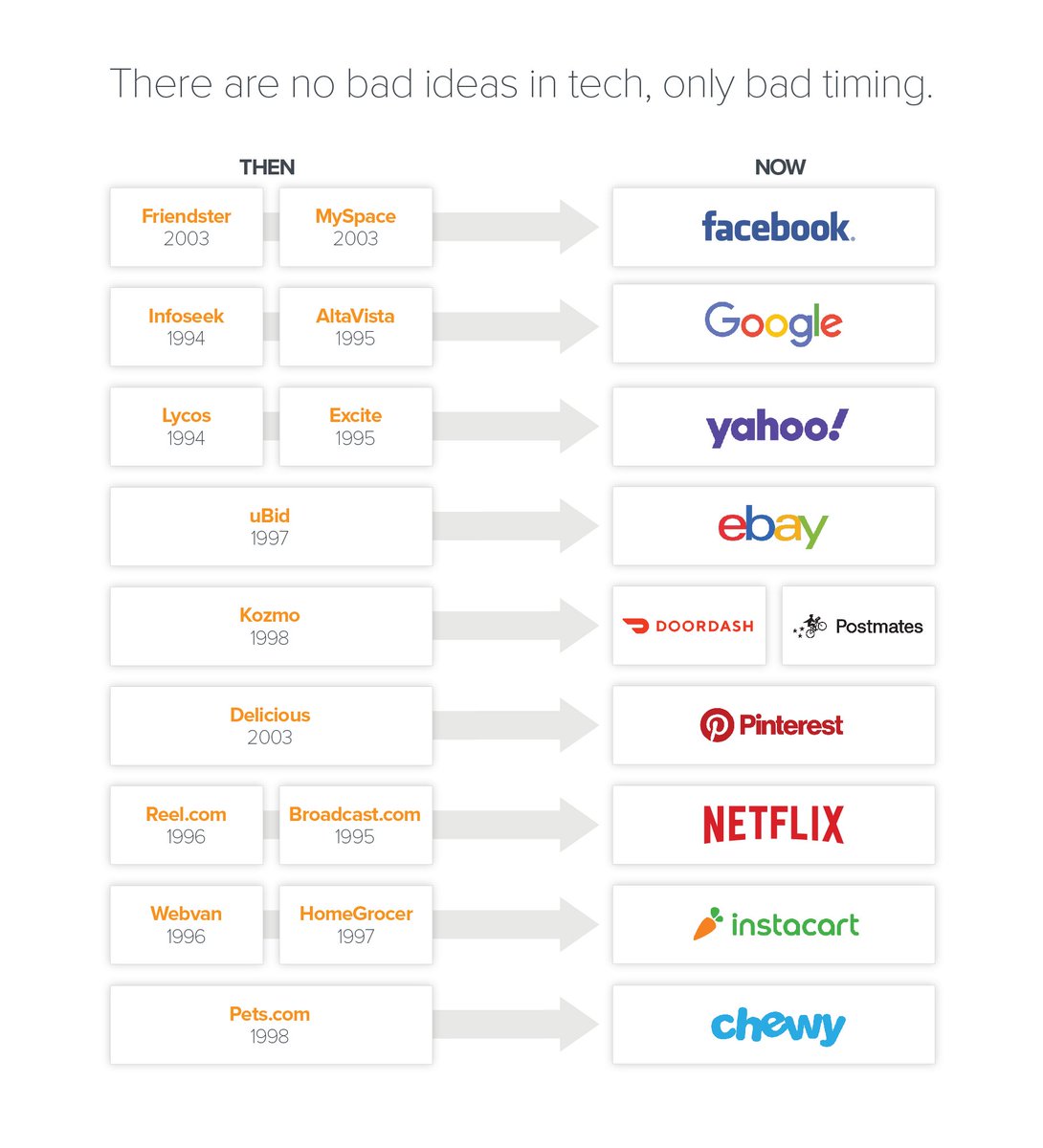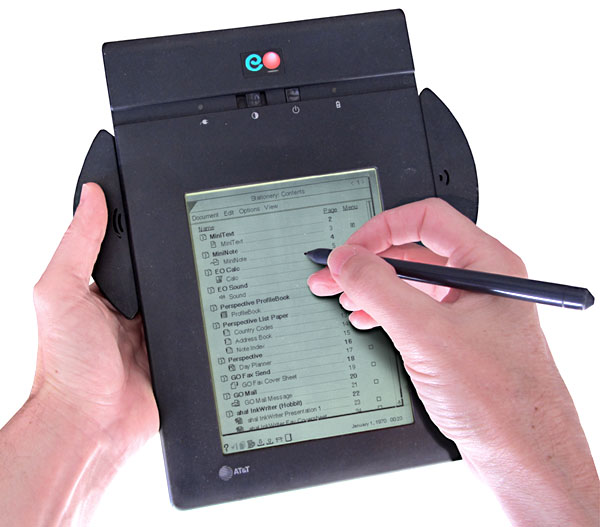
1/ ~50 years ago, legendary Stanford #ArtificialIntelligence professor Terry Winograd published one of the OG natural language understanding papers about a system he built called SHRDLU
hci.stanford.edu/~winograd/shrd…
hci.stanford.edu/~winograd/shrd…

2/ In contrast with today's massive language models based on transformer architectures such as GPT-3, SHRDLU "understood" everything about its little constrained micro-world composed of objects like big red blocks and little blue pyramids
hci.stanford.edu/~winograd/shrd…
hci.stanford.edu/~winograd/shrd…
3/ SHRDLU enabled users to interact with or ask questions about objects in that world using natural English sentences such as "pick up the big red block" 

4/ Because SHRDLU "understood" everything about its little world, it could do nifty things like ask for clarifications, disambiguate references, answer questions requiring basic inference, and work out whether a command was possible 

5/ SHRDLU was originally written for the 1,300 pound (as in weight) DEC PDP-6 with 144kB of memory (you read that right: kilobytes) 

6/ SHRDLU was one of those amazing demos " head and shoulders above contemporary systems when it comes to intelligent conversation" that inspired generations of #ArtificialIntelligence #NLU researchers and entrepreneurs
users.cs.cf.ac.uk/Dave.Marshall/…
users.cs.cf.ac.uk/Dave.Marshall/…
7/ SHRDLU inspired other reasoning and inference based systems, arguably the most ambitious of which was Doug Lenat's CYC project
8/ The natural language interface also inspired interactive fiction games like Zork, and its modern incarnation AI Dungeon powered by GPT-3
play.aidungeon.io/main/landing
play.aidungeon.io/main/landing

9/ Even today, despite the astounding success of massive language models like GPT-3, many researchers still want to blend reasoning and inference based understanding with the big corpus + "fill in the blank" style understanding of GPT-3 and similar transformer models
10/ Maybe the intuition is that these symbolic systems "really" understand the world because they have an inspectable mental model of the world 

11/ My guess is that the most successful NLP systems of the future will blend statistical transformer-style and logical + inference approaches—and maybe even other techniques we haven't come up with yet
12/ Regardless of which approach prevails, I'm looking forward to seeing what human creativity + thriving we can unlock when computers understand our many and wondrous languages
13/ Thanks for the inspiration, Professor Winograd and happy birthday 🎂 (sort of) SHRDLU
14/ Fun (ironic?) fact: SHRDLU got its name from the statistically inspired layout of keys on a Linotype machine. SHRDLU are the most frequently used English letters after ETAOIN
hci.stanford.edu/~winograd/shrd…
hci.stanford.edu/~winograd/shrd…

• • •
Missing some Tweet in this thread? You can try to
force a refresh





